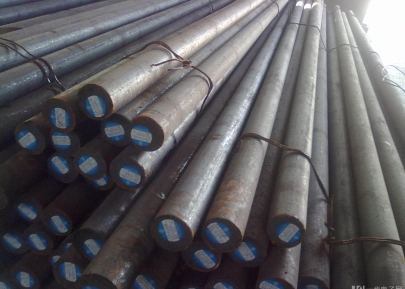Unlocking the Future: How Mould Bases are Revolutionizing Copper Cathode Production
In the ever-evolving landscape of industrial manufacturing, mould bases have emerged as a game-changer, especially in the production of copper cathodes. These components not only streamline operations but also enhance the quality of the final product, making them indispensable in today’s competitive market.
The Role of Mould Bases in Copper Cathode Production
Understanding the role of mould bases in copper cathode production involves a deep look into how they function within the manufacturing process. These bases support the casting of copper, providing stability and precision needed for high-quality output.
Benefits of Using Mould Bases
- Improved Accuracy: Mould bases allow for precise shaping of liquid copper.
- Enhanced Durability: They are manufactured from materials that withstand high temperatures and pressure.
- Cost-Efficient: Reduces waste during the manufacturing process.
Understanding Liquid Copper Block Seals
One of the innovative additions in the realm of mould bases, the liquid copper block seal, has transformed the production process. These seals provide effective containment of liquid copper, preventing leaks and ensuring uniformity in the cathode structure.
Advantages of Liquid Copper Block Seals
| Advantage | Description |
|---|---|
| Leak Prevention | Reduces the risk of contamination in the production process. |
| Temperature Control | Helps maintain optimal temperatures during the casting process. |
| Improved Quality | Enhances the quality of copper cathodes by ensuring uniformity. |
Copper Blocker Pest Stoppers: A New Frontier in Material Handling
In addition to mould bases and liquid copper block seals, advancements such as the copper blocker pest stopper have emerged. These devices serve a dual purpose: preventing pest issues within manufacturing and enhancing the stability of copper products.
Key Points about Copper Blocker Pest Stoppers
- Effective against a variety of pests that could contaminate production.
- Durable designs that integrate seamlessly with existing systems.
- Cost-effective solution for maintenance in storage areas.
How Mould Bases Improve the Environmental Footprint
As industries face mounting pressure to reduce their environmental impact, mould bases contribute significantly. By improving efficiency, they reduce energy consumption and waste, supporting more sustainable practices in copper cathode production.
Environmental Benefits
- Reduced Waste: Less copper scrap means a smaller carbon footprint.
- Energy Efficiency: Optimized processes require less energy to produce high-quality cathodes.
Challenges and Considerations in Implementing Mould Bases
While the benefits of mould bases are clear, there are challenges to consider during implementation. Businesses must ensure they choose the right materials and technology to suit their specific needs, which can vary widely based on production scale and product requirements.
Common Challenges
- Initial Cost: High upfront investment in mould bases.
- Maintenance: Regular upkeep is vital for optimal performance.
- Training Staff: Workers need training to operate new machinery effectively.
Conclusion
In summary, the integration of mould bases, alongside advances such as liquid copper block seals and copper blocker pest stoppers, are shaping the future of copper cathode production. They provide substantial benefits in terms of efficiency, safety, and quality, while also helping to minimize environmental impact. However, as with any technological advancement, careful consideration and planning are crucial to successfully harness these innovations.
FAQs
What are mould bases?
Mould bases are foundational components used in the casting process to support and shape liquid metals, such as copper.
How do liquid copper block seals work?
These seals work by containing liquid copper within a defined area, preventing spills and ensuring even flow during casting.
What is the benefit of using copper blocker pest stoppers?
They help prevent contamination from pests, maintaining the quality of the production environment.
Can mould bases reduce production costs?
Yes, by minimizing waste and enhancing production efficiency, mould bases can lead to significant cost savings over time.



